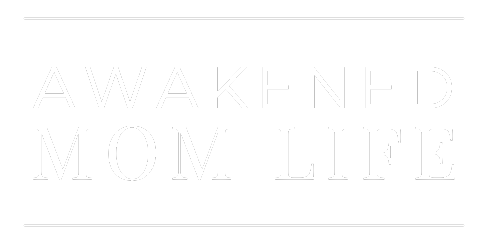ACE Score Quiz
Knowing your ACE score can help you understand the way your childhood experiences' impact your health and well-being.
An ACE score, or Adverse Childhood Experiences score, is a measure of the number of stressful or traumatic experiences you had during your childhood. The ACE score is based on a questionnaire that asks about ten different types of adverse experiences, including physical, emotional, or sexual abuse, neglect, or household dysfunction, such as substance abuse, mental illness, or divorce. The higher your ACE score, the more likely you are to experience negative health outcomes.
Answer yes or no to the following questions, and tally how many yes answers you have.
#1
Did a parent or other adult in the household often or very often… a) Swear at you, insult you, put you down, or humiliate you? or b) Act in a way that made you afraid that you might be physically hurt.
#2
Did a parent or other adult in the household often or very often… a) Push, grab, slap, or throw something at you? or b) Ever hit you so hard that you had marks or were injured?
#3
Did an adult or person at least 5 years older than you ever… a) Touch or fondle you or have you touch their body in a sexual way? or b) Attempt or actually have oral, anal, or vaginal intercourse with you?
#4
Did you often or very often feel that … a) No one in your family loved you or thought you were important or special? or b) Your family didn’t look out for each other, feel close to each other, or support each other?
#5
Did you often or very often feel that … a) You didn’t have enough to eat, had to wear dirty clothes, and had no one to protect you? or b) Your parents were too drunk or high to take care of you or take you to the doctor if you needed it?
#6
Were your parents ever separated or divorced?
#7
Was your parent/caregiver: a) Often or very often pushed, grabbed, slapped or had something thrown at him/her? or b) Sometimes, often, or very often kicked, bitten, hit with a fist, or hit with something hard? or c) Ever repeatedly hit over at least a few minutes or threatened with a gun or knife?
#8
Did you live with anyone who was a problem drinker or alcoholic, or who used street drugs?
#9
Was a household member depressed or mentally ill, or did a household member attempt suicide?
#10
Did a household member go to prison?
What does your ace score mean?
If your ACE score is 0, you are at “low risk” for toxic stress.
If your ACE score is 1-3 you are at “intermediate risk” for toxic stress.
If your ACE score is 4 or higher, you are at “high risk” for toxic stress.
What is toxic stress?
Toxic stress is chronic stress that happens when you experience prolonged or repeated exposure to stressful or traumatic events, especially during early childhood when the brain is still developing. This type of stress can be caused by various experiences, such as abuse, neglect, poverty, violence, or chronic illness.
Toxic stress can have significant and long-lasting effects on your physical and mental health. When the body and brain are exposed to prolonged stress, it disrupts the development of critical biological systems, such as the immune, nervous, and endocrine systems. This can increase the risk of developing chronic illnesses later in life, such as heart disease, diabetes, depression, and anxiety.
In children, toxic stress also significantly impacts cognitive development, emotional regulation, and social behavior. It can cause changes in your brain’s structure and function, leading to learning, memory, and attention difficulties. It can also affect your ability to form healthy relationships and manage your emotions, which impacts your behavior and mental health throughout your life.
What strategies can we use to reduce the impact of Adverse Childhood Experiences (ACEs)?
You are not irreparably damaged if you have experienced significant adversity (or many ACEs). There are various treatment options, from in-patient treatments, trauma-informed therapy, and breathing exercises, to physical exercise and social support.

